A heart healthy diet is essential for maintaining optimal cardiovascular health and reducing the risk of heart disease, stroke, and other cardiovascular conditions. By making smart food choices and adopting healthy eating habits, you can support your heart and overall well-being. In this comprehensive guide, we’ll explore the principles of a heart healthy diet, highlight key foods and nutrients for improving as well as maintaining your heart health, and provide practical tips as well as suggestions for incorporating them into your daily meals. Without further wasting time, let’s dive deep into this topic for a healthier you.
Principles of a Heart Healthy Diet
A heart healthy diet emphasizes whole, nutrient-rich foods that nourish the body and support cardiovascular health. The following principles form the foundation of a heart healthy eating pattern.

Emphasize fruits and vegetables
Aim to fill at least half your plate with colorful fruits and vegetables at each meal. These nutrient-dense foods are rich in vitamins, minerals, antioxidants, and dietary fiber, which help lower blood pressure, reduce inflammation, and protect against heart disease.
Choose whole grains
Opt for whole grains like oats, brown rice, quinoa, barley, and whole wheat bread and pasta. Whole grains are high in fiber, which helps lower cholesterol levels, regulate blood sugar, and promote heart health.
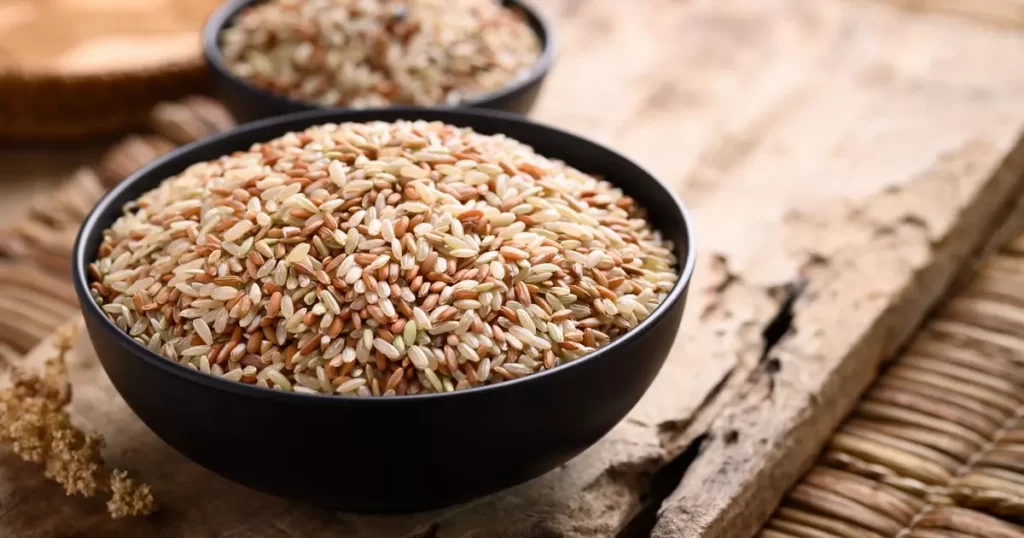
Include lean proteins
Incorporate lean protein sources such as poultry, fish, legumes, tofu, tempeh, and low-fat dairy products into your heart healthy diet. These protein-rich foods provide essential nutrients like omega-3 fatty acids, potassium, and magnesium, which support heart health and overall well-being.

Limit saturated and trans fats
Reduce intake of saturated and trans fats found in red meat, full-fat dairy products, fried foods, and processed snacks. Instead, choose heart-healthy fats like olive oil, avocado, nuts, and seeds, which provide unsaturated fats that lower LDL (bad) cholesterol and reduce the risk of heart disease.
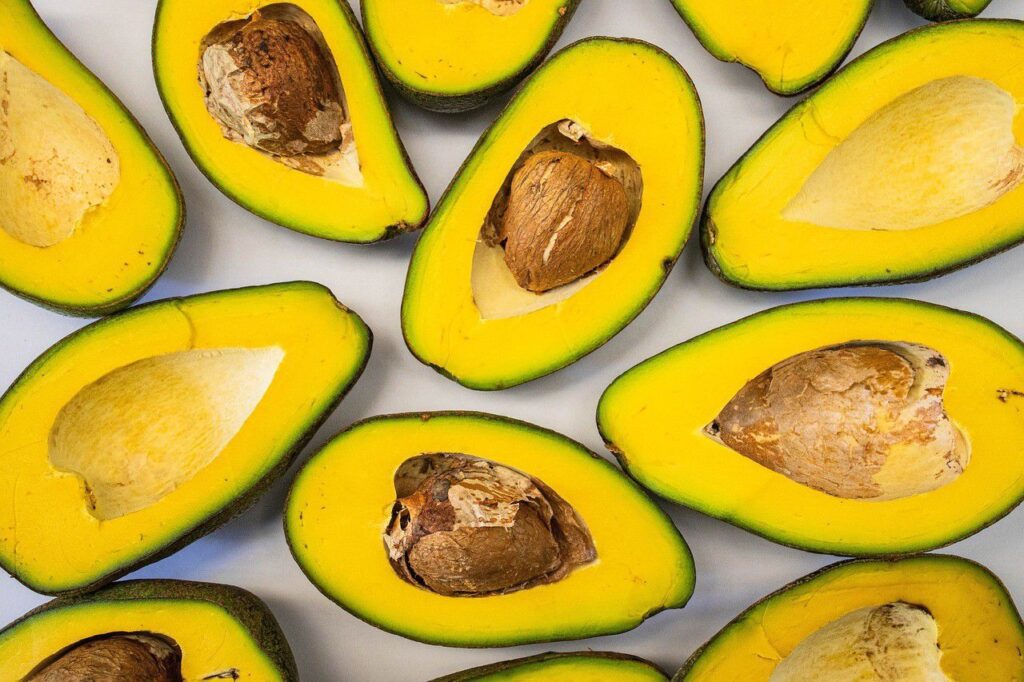
Watch sodium intake
Limit sodium intake by choosing low-sodium or salt-free options and avoiding processed and packaged foods high in sodium. Excess sodium can raise blood pressure and increase the risk of heart disease and stroke, so opt for fresh, whole foods seasoned with herbs, spices, and citrus instead.

Moderate alcohol consumption
If you choose to drink alcohol, do so in moderation. Limit alcohol intake to no more than one drink per day if you are a woman and two drinks per day if you are a man. Excessive alcohol consumption can contribute to high blood pressure, heart disease, and other health problems.

Stay hydrated
Throughout the day, drink plenty of water to stay hydrated and support overall health. Limit sugary beverages like soda and fruit juice, which can contribute to weight gain, diabetes, and heart disease.

Key Foods and Nutrients for Heart Health
Several foods and nutrients have been shown to promote heart health and reduce the risk of cardiovascular disease. Incorporating these heart healthy foods into your heart healthy diet can help support your cardiovascular system and improve overall well-being.
Fatty Fish
Fatty fish like salmon, mackerel, sardines, and trout are rich in omega-3 fatty acids, which have been shown to lower triglyceride levels, reduce inflammation, and protect against heart disease. Aim to include fatty fish in your diet at least twice a week to reap the cardiovascular benefits of omega-3s.

Berries
Berries such as strawberries, blueberries, raspberries, and blackberries are packed with antioxidants called flavonoids, which help lower blood pressure, improve blood vessel function, and reduce the risk of heart disease. Enjoy a variety of fresh or frozen berries as part of your heart healthy diet to nourish your cardiovascular health.
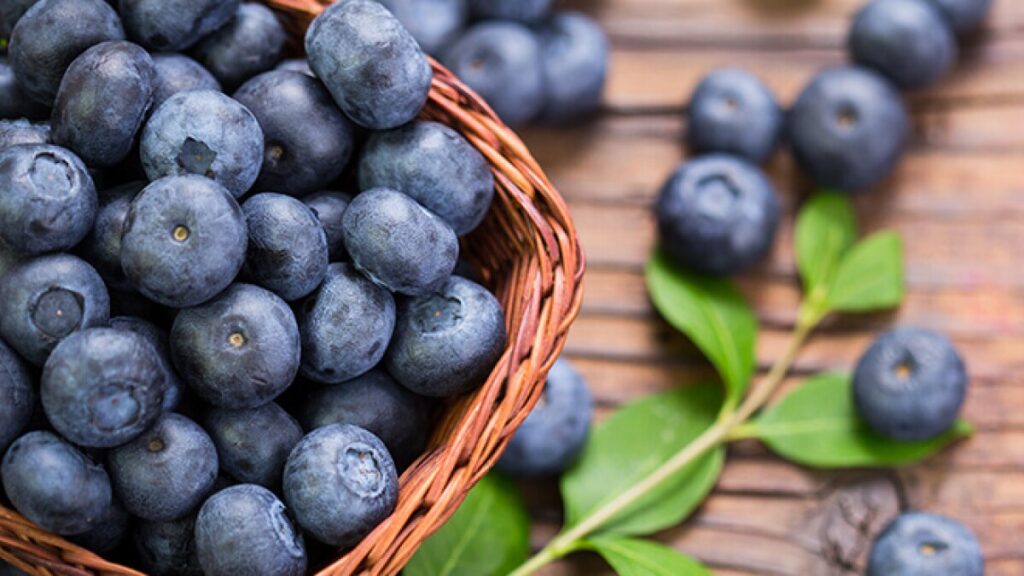
Nuts and Seeds
Nuts and seeds like almonds, walnuts, flaxseeds, chia seeds, and hemp seeds are rich in heart-healthy fats, protein, fiber, vitamins, and minerals. Incorporating a handful of nuts and seeds into your meals and snacks can help lower LDL cholesterol, improve blood sugar control, and reduce inflammation.
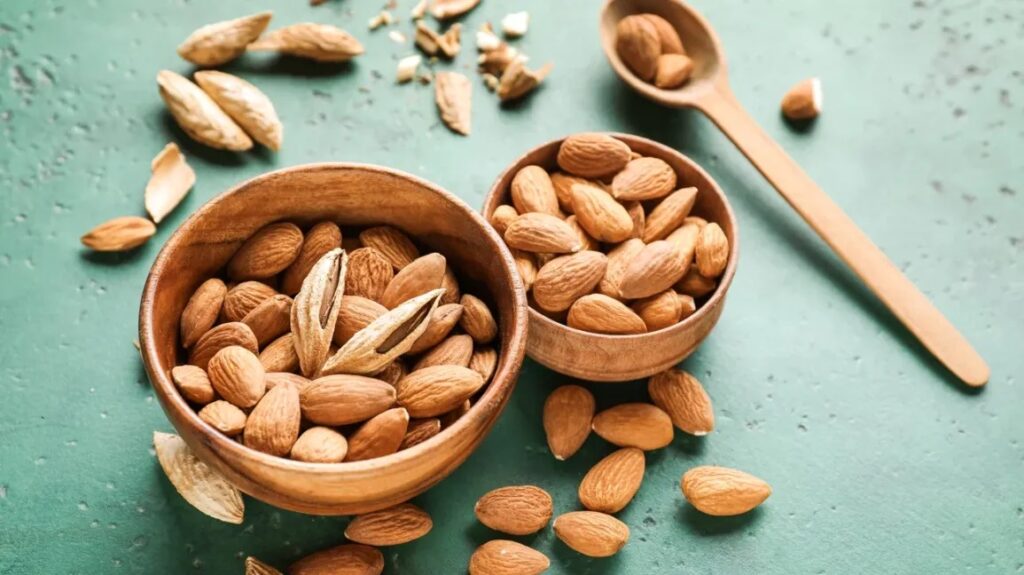
Leafy Green Vegetables
Leafy greens such as spinach, kale, Swiss chard, and collard greens are packed with vitamins, minerals, antioxidants, and dietary fiber. Consuming leafy greens regularly has been associated with a reduced risk of heart disease, stroke, and high blood pressure. So, they are some really valuable addition in a heart healthy diet.
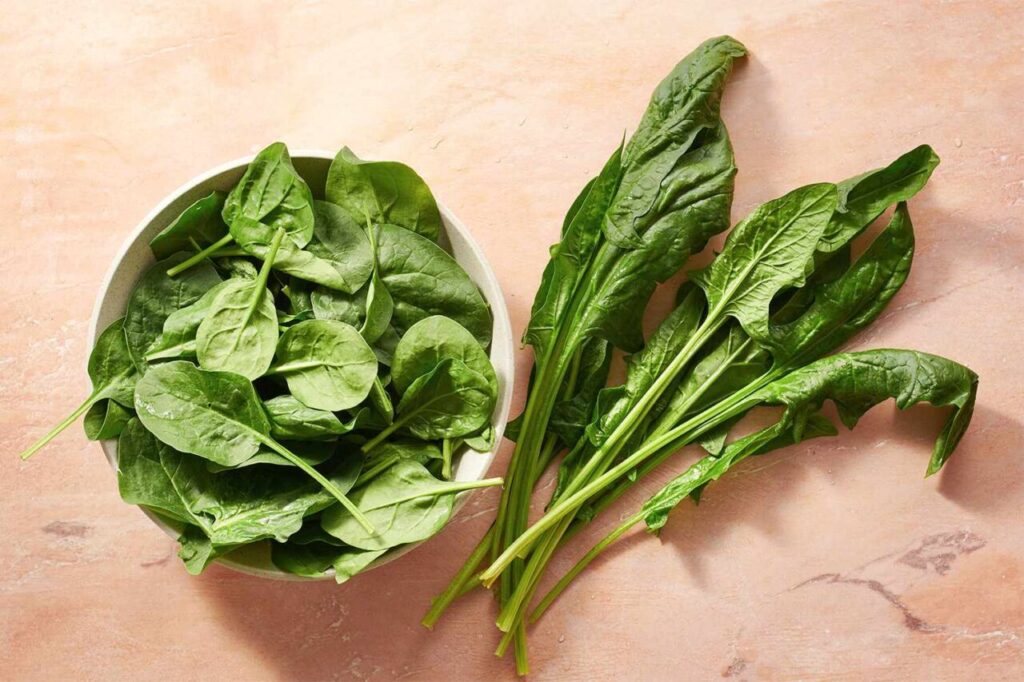
Oats and Whole Grains
Oats, brown rice, quinoa, barley, and whole wheat products are high in soluble fiber, which helps lower LDL cholesterol levels, regulate blood sugar, and promote heart health. Start your day with a bowl of oatmeal or incorporate whole grains into your meals as a nutritious and filling option.
Avocados
Avocados are rich in monounsaturated fats, potassium, fiber, and antioxidants, which support heart health and lower cholesterol levels. Enjoy sliced avocado on toast, salads, sandwiches, or smoothies for a creamy and nourishing addition to your heart healthy diet.
Legumes
Legumes namely beans, lentils, chickpeas, and peas are excellent sources of plant-based protein, fiber, vitamins, and minerals. Including legumes in your diet can help lower LDL cholesterol, regulate blood sugar, and reduce the risk of heart disease and diabetes.
Olive Oil
Olive oil is a staple of the Mediterranean diet and is rich in monounsaturated fats, antioxidants, and anti-inflammatory compounds that support heart health. Use extra virgin olive oil as your primary cooking oil and drizzle it over salads, vegetables, and bread for added flavor and nutritional benefits.

Dark Chocolate
Dark chocolate with a high cocoa content (70% or higher) is rich in flavonoids, which have antioxidant and anti-inflammatory properties that support heart health. Enjoy a small piece of dark chocolate as an occasional treat to satisfy your sweet tooth and promote cardiovascular health.

Garlic
Garlic contains sulfur compounds like allicin, which have been shown to lower blood pressure, reduce cholesterol levels, and improve blood vessel function. Incorporate fresh or roasted garlic into your heart healthy diet to add flavor and improve cardiovascular health.
Practical Tips for a Heart Healthy Diet
Incorporating all these healthy foods that support your heart health doesn’t have to be complicated. Here are some practical tips for making healthy choices so that you can include these foods properly in your heart healthy diet for nourishing your cardiovascular system.
- Plan your meals ahead of time and prepare them at home using fresh, whole ingredients. Cooking meals from scratch allows you to control portion sizes, ingredients, and cooking methods to promote heart health.
- Minimize consumption of processed and packaged foods that are high in refined sugars, unhealthy fats, sodium, and additives. Go for fresh, whole foods whenever possible and read the food labels to make informed choices.
- Pay attention to portion sizes and avoid overeating, especially high-calorie foods like nuts, seeds, oils, and desserts. Use smaller plates and bowls to help control portion sizes and prevent overindulgence.
- Use heart-healthy fats like olive oil, avocado oil, and canola oil for cooking, baking, and salad dressings. Limit use of butter, margarine, and other sources of saturated and trans fats that can raise cholesterol levels and increase the risk of heart disease.
- Reduce consumption of sugary beverages, desserts, snacks, and processed foods that are high in added sugars. Choose naturally sweet foods like fruits and unsweetened beverages like water, herbal tea, and sparkling water to satisfy your sweet cravings.
- Practice mindful eating by paying attention to hunger and fullness cues, savoring the flavors and textures of your food, and eating slowly and without distractions. Eating mindfully can help you enjoy your meals more fully and prevent overeating.
Conclusion
A heart healthy diet is a cornerstone of cardiovascular health and overall well-being. By incorporating nutrient-rich foods like fruits, vegetables, whole grains, lean proteins, nuts, seeds, and healthy fats into your meals and snacks, you can support your heart and reduce the risk of various heart diseases, stroke, and other deadly cardiovascular conditions. By making smart food choices, adopting healthy eating habits, and prioritizing your heart health, you can nourish your body and live a longer, healthier life. Hopefully, you found this article on heart healthy diet helpful enough. If you really did then let us know your valuable thoughts in the comment section down below without any hesitation. Thanks for visiting and appreciating our work.
